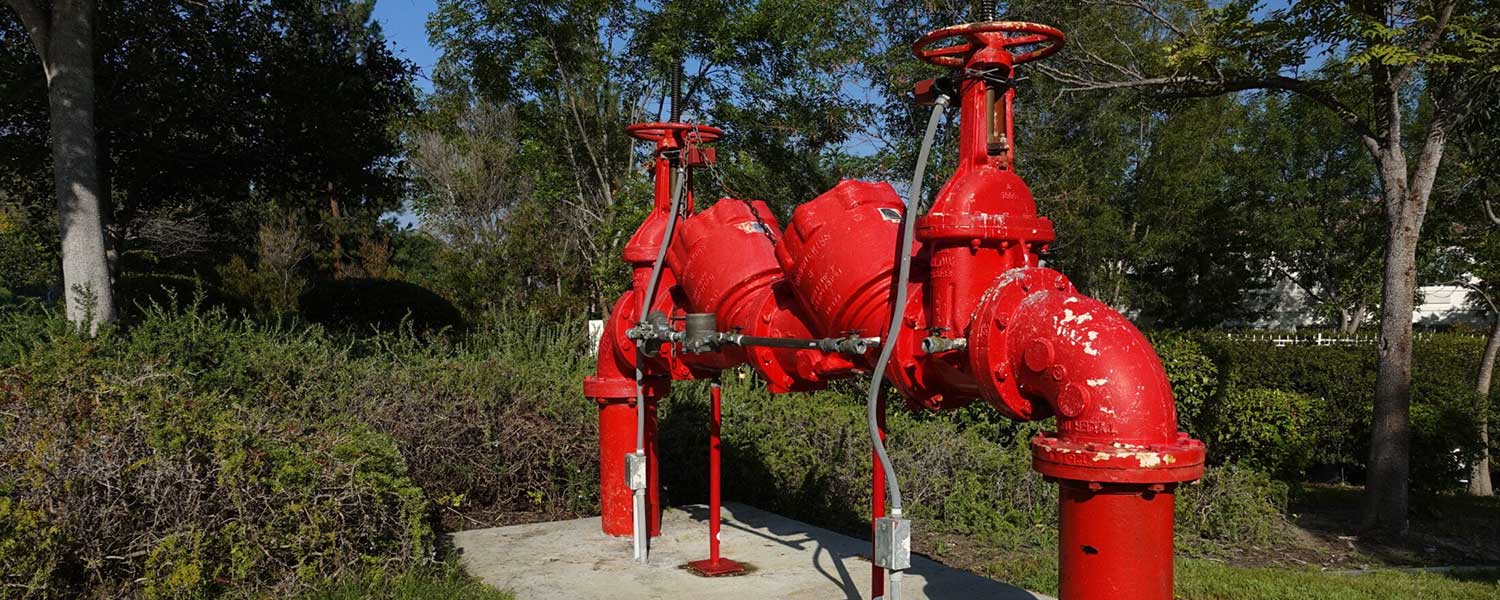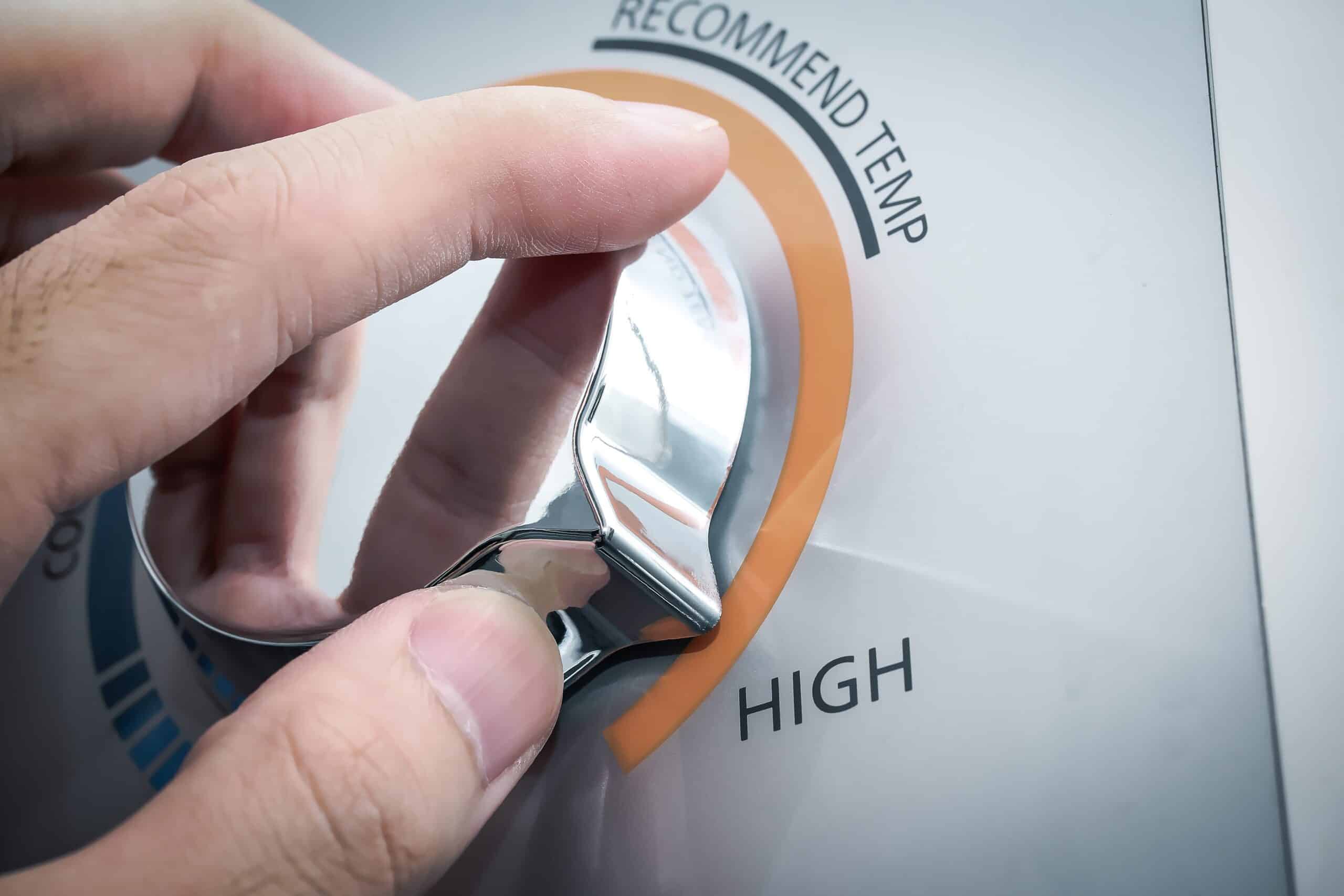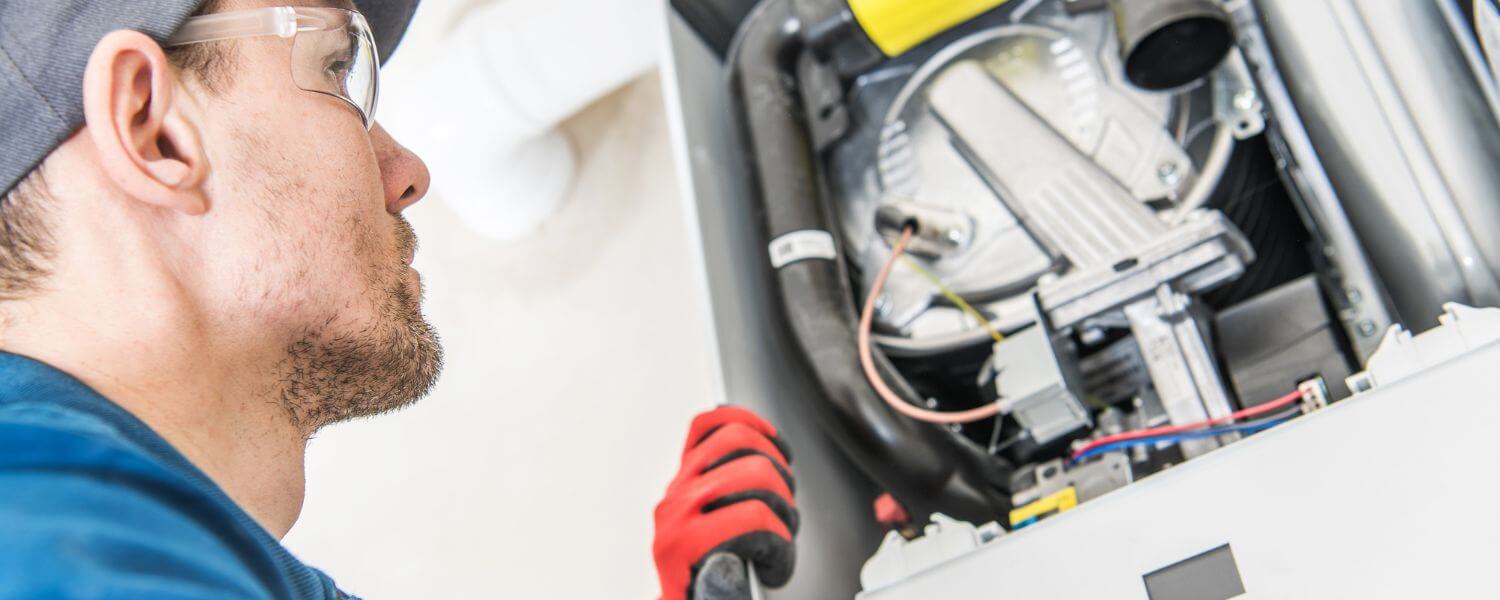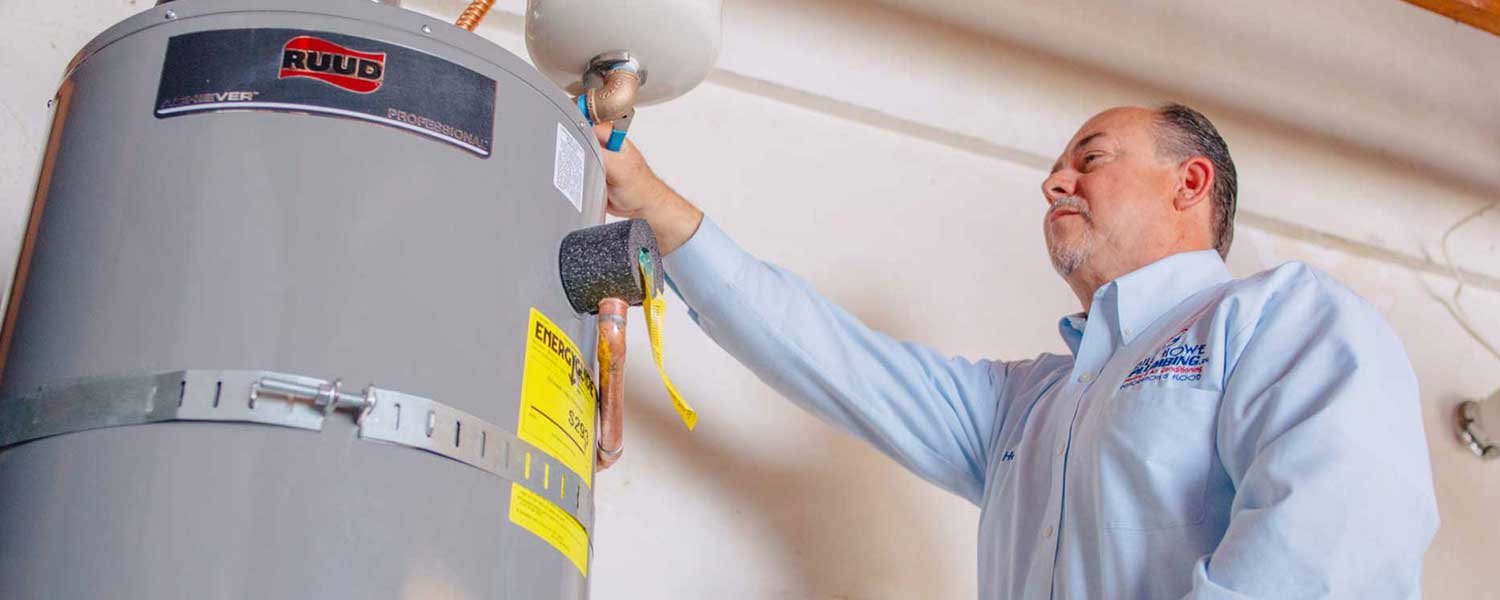Types of Heating Systems
Having to turn on your heating unit in San Diego? It’s surprising, but the reality is even in a city as warm as San Diego temperatures dip during the winter and that’s when you’ll be glad you are prepared for the late-year chill. Picture this: there was a winter in San Diego where the zoo brought in heaters because THE POLAR BEARS were too cold. Even the most chill-adept creatures get spoiled by our sunny weather. This winter make sure you are prepared and informed for whatever temperatures come our way. There are various types of central heating systems found in a home. Different types of heating systems use a variety of fuel sources including electricity, gas, fuel oil, propane, and biofuel (ex. Wood). Certain homes have more than one system. The important part is to know what system works best for you and your home. Below is a helpful guide about the different types of heating systems and what they entail.
1. Forced Air Distribution Systems
Easily the most widely used HVAC system in North America. This system uses the same blower and ducting for cooling as it does heat and can quickly adjust the temperature of a room, making it extremely energy efficient and cost effective. Most U.S. homes utilize natural gas within forced air systems but it can also be fueled by electricity, propane, or fuel oil. The heating element warms the air and disperses it throughout the house using heat registers in individual rooms while another set of ducts return the cold air to be heated again. This air tends to be rather dry but humidifier equipment can be integrated with the system to combat the issue. Be aware that this system can be noisy and it requires duct work that takes up substantial space in your walls.
2. Gravity Air Furnace Systems
Before Forced Air Distribution Systems were created Gravity Air Furnaces were the standard. Simple physics are applied to this heating unit. An air furnace is placed in the basement, the air is heated and rises through the ducts to the rest of the home, and as it is cools it returns through return ducts back below to the furnace to begin the process all over again. This system uses the same fuel as Forced Air but it is much less energy efficient and takes longer to heat the home. Due to gravity being the force that moves the air, the system has no moving parts and has little chance of breaking, making it quite durable. Get a furnace tune up today!
3. Heat Pumps Systems
Heat Pump Systems draw heat from the outdoor air or the ground (geothermal), extract the heat from the source, and deliver it through your home via an air handler. The pump system can be used for heating and cooling so the unit is extremely energy efficient but is most properly suited for a mild climate as it struggles in extreme heat and cold. There is no ducting required for this system making installation much easier but it requires there be an air handler in each room because the heat comes from a single unit. Heat Pump Systems are powered by electricity though natural gas models also exist.
4. Mini Split Systems
Mini Split systems are another type of ductless heating system that can greatly benefit your home. This system contains no central heating system but instead uses an individual fan and evaporator unit in each room. This gives you more control over the temperature of individual rooms. Rooms that aren’t regularly being used can have their system turned off to conserve energy and keep your energy bills low. Rooms that are hotter or cooler than the rest of the home can be adjusted accordingly to create a more comfortable environment. This use-it-as-you-need-it type of heating can lower your energy costs considerably as you won’t be adjusting an entire home’s climate. Localized air conditioning not only reduces energy cost but the systems produce less noise while working so it won’t disturb you or your guests as it adjusts the temperature.
Heating, ventilation, and air conditioning (HVAC) is constantly evolving and new methods of heating systems are just on the horizon. In the end though, there is no right or wrong answer for central heating in your home. It is all about fit. Each central heating system has its own advantages and disadvantages so research what suits your needs and climate. If you have any questions or concerns, scheduling an appointment with a Bill Howe Heating & Air Comfort Adviser is a great first step! Call 1-800-BILL-HOWE or click the Book Now button. Don’t put off your decision too long though as winter is here and you might literally be left out in the cold.




